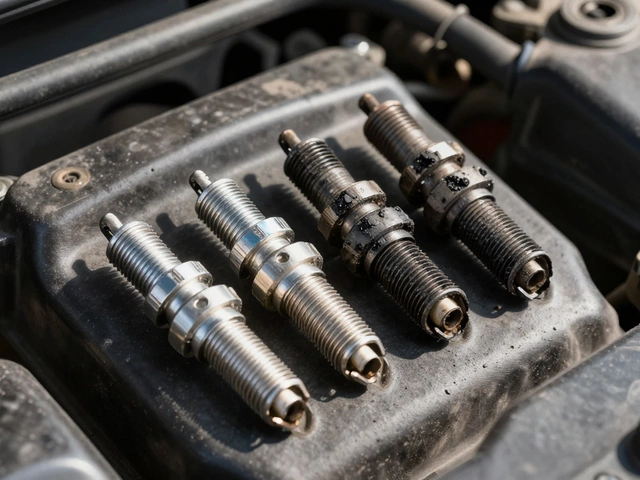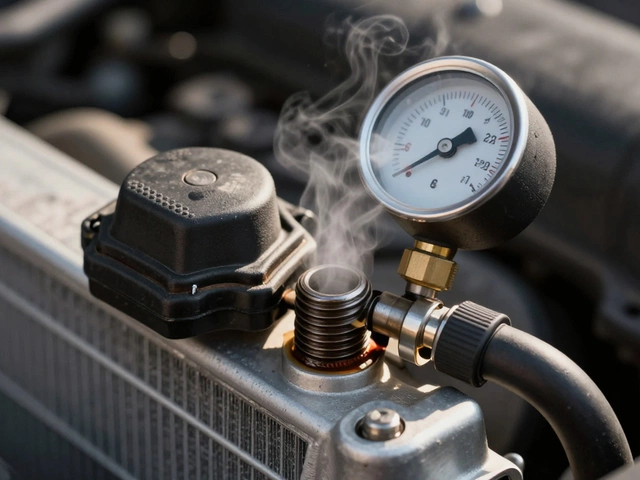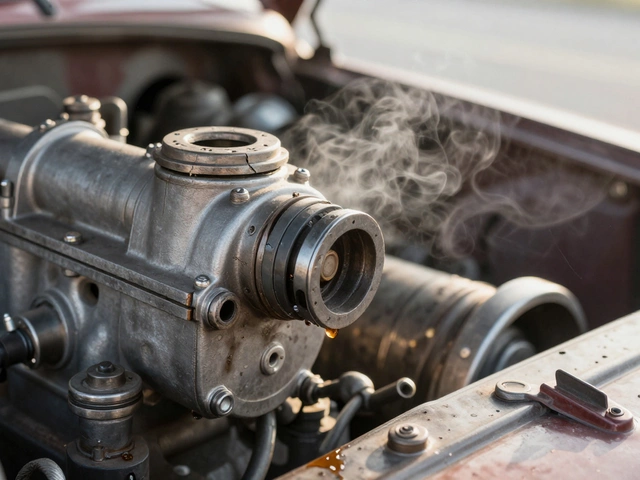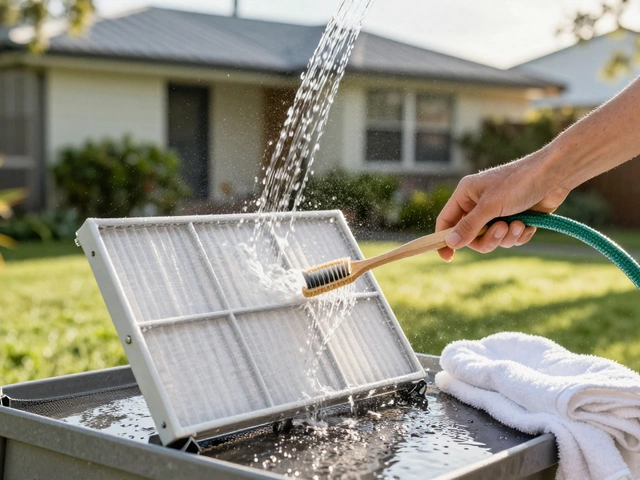Radiator Replacement Cost: How Much Should You Budget?
If your engine’s getting hot, the radiator is probably the first thing to check. Replacing it isn’t just a bolt‑tightening job – it can hit your wallet hard if you don’t know what’s coming.
What Affects the Price?
There are three big buckets that drive the cost: parts, labor, and extra pieces that often get overlooked.
Parts. An OEM (original equipment manufacturer) radiator will cost more than an aftermarket unit, but it usually matches your car’s specs exactly. Expect a range of $150‑$400 for most sedans, while trucks and performance cars can top $800.
Labor. Mechanics charge by the hour, and a radiator swap typically takes 2‑4 hours. In big cities labor rates hover around $120‑$150 per hour, so labor alone can add $250‑$600.
Additional components. Coolant, hoses, thermostat, and the radiator cap often need replacement at the same time. A new thermostat is $30‑$70, hoses $20‑$80 each, and coolant $15‑$30 per gallon. Skipping these can lead to leaks later, which means another repair bill.Location matters too. Shops in high‑cost areas (like major metros) charge more for both parts and labor. Conversely, independent garages in smaller towns might give you a better deal.
Tips to Keep the Cost Down
Shop around. Get at least three quotes. Some shops include the extra parts in their estimate, while others list them separately – the total can vary a lot.
Consider aftermarket or refurbished radiators. If you’re not after a brand‑new OEM part, a quality aftermarket unit can save $100‑$200 without compromising performance.
Do simple prep yourself. Draining the coolant and removing the radiator cap are easy tasks that save labor minutes. Just make sure you follow safety steps – let the engine cool, wear gloves, and capture the old coolant for proper disposal.
Bundle related repairs. If your hoses look worn or the thermostat is old, replace them while the radiator is out. The extra cost is lower than doing a second repair later.
Check for warranties. Many aftermarket radiators come with a 2‑year warranty. If you buy one, ask the shop to honor it – that can cover a future leak and save you money.
Finally, keep an eye on symptoms before the radiator gives out. Overheating, a sweet smell from coolant, or a low coolant level in the reservoir are early warnings. Catching the issue early can mean a simple repair (like a hose) instead of a full replacement.
Bottom line: a typical radiator replacement for a family sedan will land you between $400 and $900 all‑in, while larger or performance vehicles can push $1,200+. Knowing the parts that add up, comparing quotes, and doing a bit of prep yourself are the best ways to keep the cost from blowing your budget.

Car Radiator Replacement Cost: What You’ll Pay in 2025 and Why
Wondering how much it costs to replace a car radiator in 2025? Dive into the real numbers, parts vs. labor, smart savings tips, and what influences radiator repair bills.
CONTINUE READING









